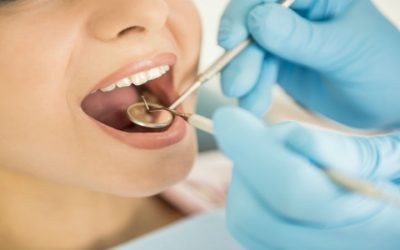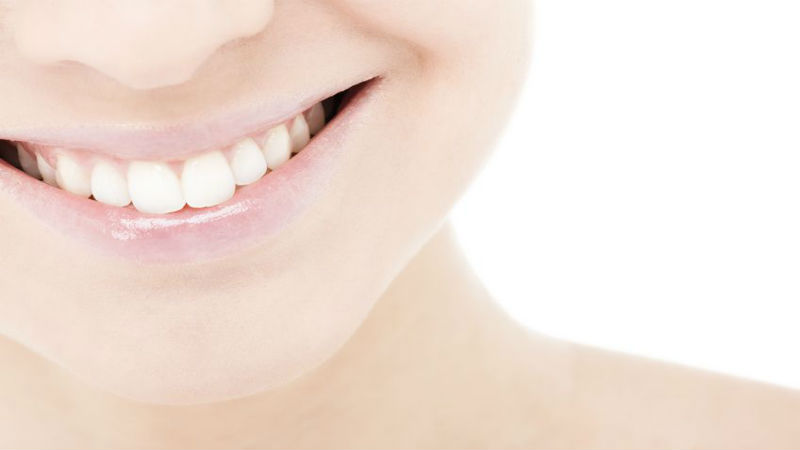Sometimes it seems as if people who have had cavities had them in the back teeth. Fact or simple impression? The truth is that Dental Care is more important that one could ever realize. This article will get inside your mouth to try and discover what teeth suffer from decay and why it happens.
Why do some teeth suffer decay more easily than others? The types of dental decay change depending on the type of mouth. In young babies and children, baby bottle tooth decay is often the main cause of tooth infection, meaning that the upper front teeth often suffer higher rates of decay. This is because the sugar stays on the teeth overnight causing enamel-destroying acid and bacteria.
In older children, adolescents and adults, decay is more prevalent in the back teeth. These teeth that erupt around age 6 are called molars, premolars and wisdom teeth. Its sole purpose is the chewing and grinding of food. Look for a moment at the back teeth of your mouth and rub your tongue over them. Unlike the anterior teeth, back teeth are nothing but fine ridges and grooves, also known as pits and fissures.
While these pits and fissures are essential to crush food (imagine for a moment that you had to chew a piece of meat with completely flat molars). This also makes the molars more prone to decay. Sometimes, the bristles of a toothbrush are too large to access these cavities, allowing bacteria to grow on them and thus causing tooth decay. Because of this, proper Dental Care is needed routinely.
So, what can you do to prevent molar teeth from developing infections? The answer begins with good dental health. Throughout a person’s life, the main factor that causes tooth decay is eating or drinking too many sugary products while not subsequently cleaning the teeth. Among other tools to help dental health, dental sealants are a plastic covers that are placed in the permanent teeth and are used precisely to protect teeth from dental decay. Although less common, they can also be used in adults with very irregular molar surfaces, which increases the risk of suffering from decay. But beyond sealants, what can you do to prevent dental caries in the molars? Contact Business Name. to find out.






